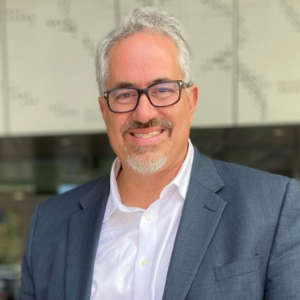Having cancer as a Latino in the United States has important implications potentially related to risk of carcinogenesis, knowledge of cancer prevention, access to cancer screening, therapy timing and choices, and access to good supportive/palliative or survivorship care.
To access this subscriber-only content please log in or renew your subscription.
Looking for IP Login? Our IP Login system is now automatic. If your institution has a site license, please log in from on site or via your VPN to access this content.
Login Subscribe
Looking for IP Login? Our IP Login system is now automatic. If your institution has a site license, please log in from on site or via your VPN to access this content.
Login Subscribe










